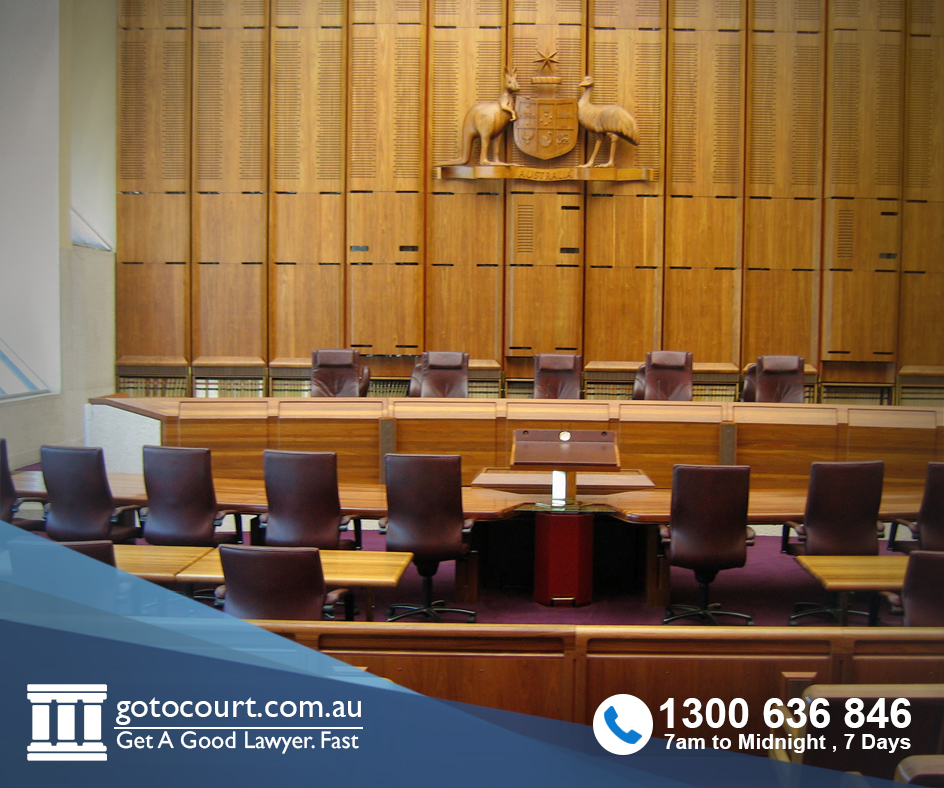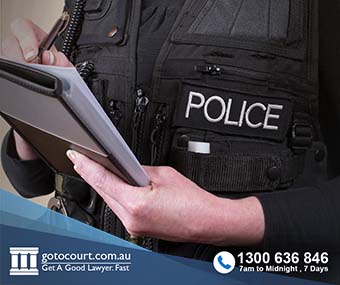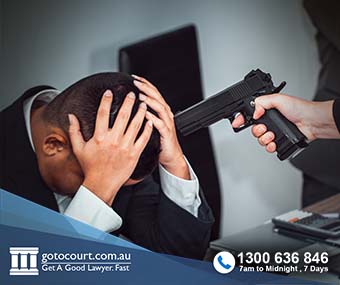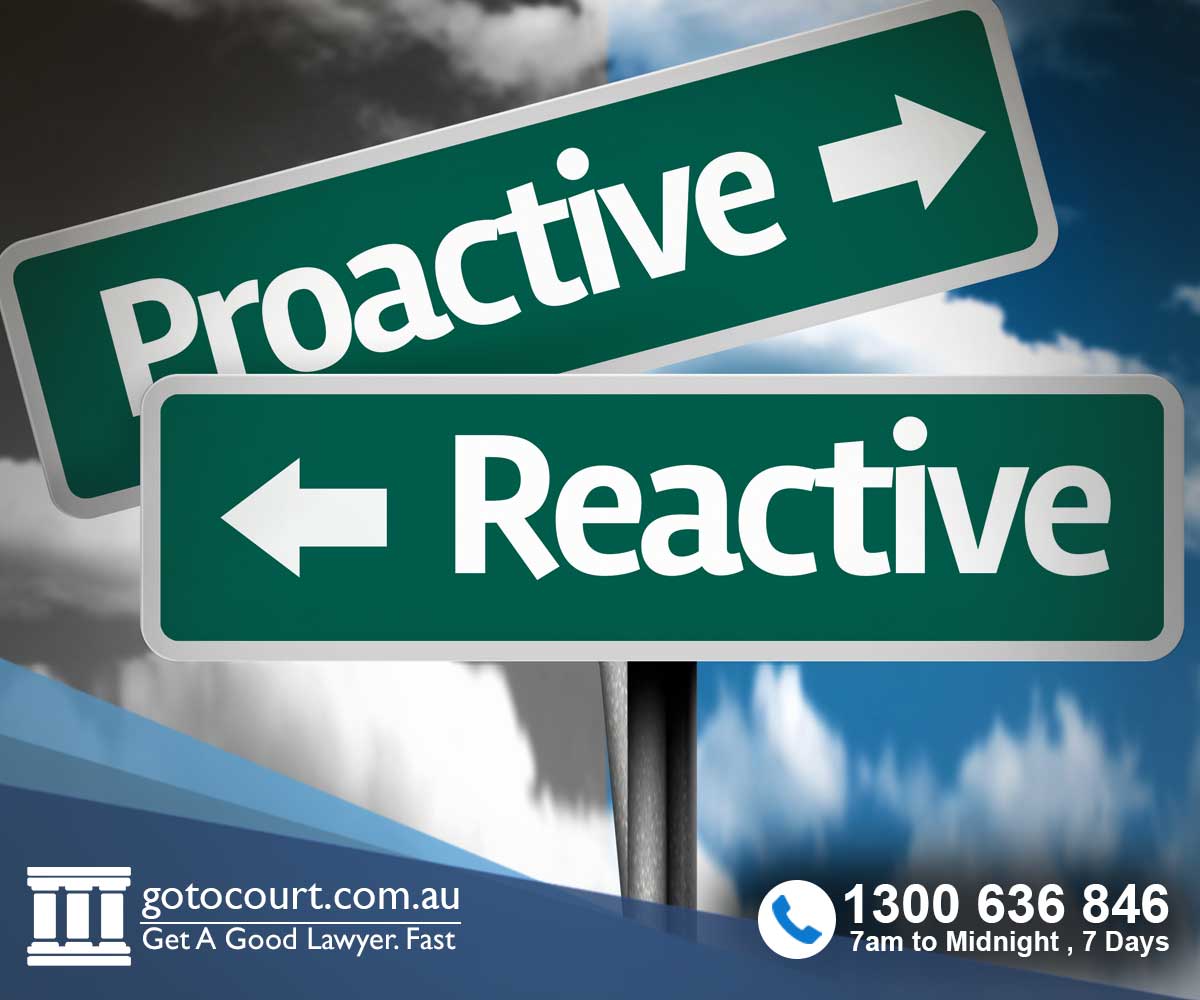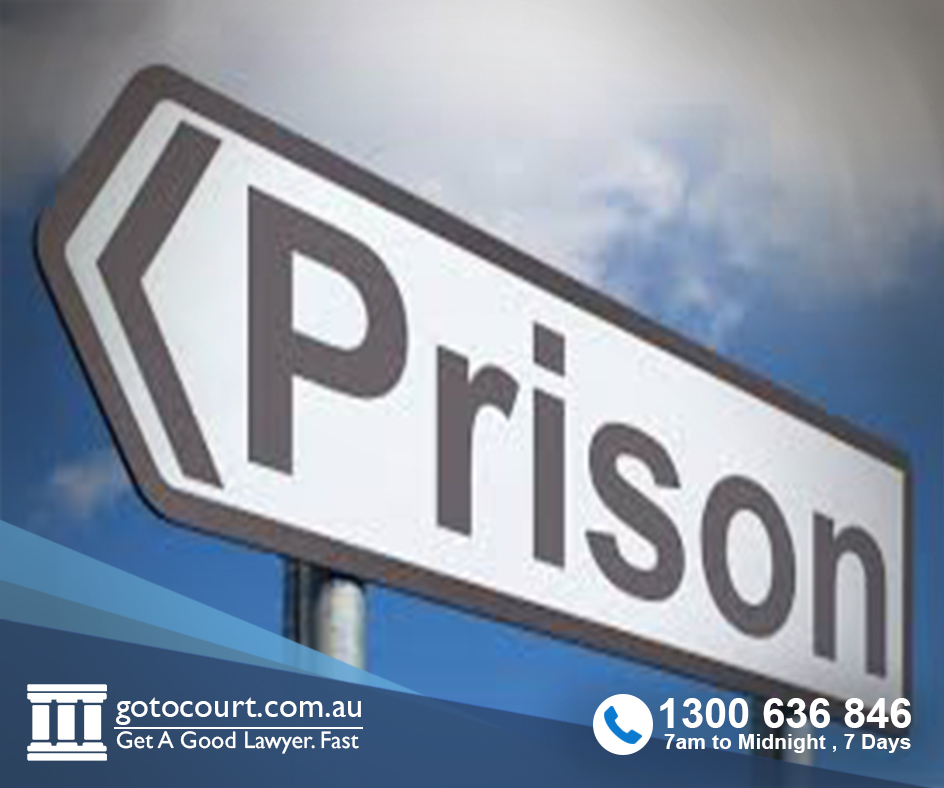Use of Listening Devices in New South Wales
The Surveillance Devices Act 2007 regulates the use of listening devices in New South Wales. The Act also covers the use of data surveillance, optical surveillance and tracking devices. Breaches of the Act can lead to criminal charges.
What is a listening device?
A listening device is any device that is capable of being used to overhear, monitor, listen to, or record a conversation or the words spoken to or by anyone in conversation. However, hearing aids or any other devices which assist the hearing impaired are exempt.
A listening device includes things like mobile phones, tablets with audio recording capabilities and voice recorders and dictation equipment. A device is still a listening device even if it also records or transmits pictures or videos.
Private conversation
A private conversation is conversation where it can be reasonably assumed that those involved in the conversation do not want the conversation to be overheard by others. A private conversation is not private if the people in the conversation can reasonably expect the conversation to be overheard.
A private conversation needs to have an element of privacy to it. If the conversation is loud enough for others to hear it or is in a public place or a place where others can hear it, then it is not a private conversation and the use of a listening device is not restricted.
Police powers
A law enforcement officer or police officer can use a listening device in the following circumstances:
- There is an imminent threat of serious violence to a person or an imminent threat of substantial damage to property;
- A serious narcotics offence is being committed or will be committed;
- The circumstances are so serious or of such urgency that use of a listening device is necessary and the circumstances make it impracticable to apply for a warrant;
- The listening device is a body-worn video device, is visible and the officer has produced identification to the parties to the private conversation; or
- The officer has obtained a warrant permitting the use of the listening device in certain circumstances (see below).
Warrants
In most circumstances, a law enforcement officer or police officer who wishes to use a listening device must get the permission of a Judge or a Magistrate in the form of a warrant.
An application to use a listening device must be made in writing and set out the reasons for why the use of a listening device is necessary. The application must also be supported by a sworn affidavit. If the application is granted, a warrant is issued authorising the use of the device. The warrant will set out precisely what device(s) can be used and allows the officer(s) to enter certain premises or vehicles – including by breaking in – and the taking of any action that is necessary to conceal the device.
Offences
It is an offence to install, use or cause to be used, or to maintain a listening device to record a private conversation, or to cause someone else to do so, unless:
- All of the people in the private conversation consent to the use of the listening device;
- You are a principal party to the private conversation (that is you had said some or all of the words) and it is reasonably necessary to protect your lawful interests; or
- You do not intend to communicate or publish what was recorded on the listening device it to anyone who was not party to the private conversation.
If you know that the recording of a private conversation was obtained directly or indirectly through the use of a listening device, you cannot communicate or publish what was recorded to any person anything about that private conversation. It is not an offence to communicate or publish what was said in the private conversation in the following circumstances:
- The communication or publication of the information was reasonably necessary to disclose in connection with an imminent threat of serious violence or an imminent threat of substantial property damage; or
- Those who had spoken the majority or some of the time in that conversation consent to the person having a record of the conversation.
It is also an offence to manufacture, supply or possess a listening device without lawful purpose.
Corporations
Offences can also be committed by corporations, not just by individuals.
Directors and anyone who is concerned with the company’s management is taken to have committed an offence if they authorised or allowed the recording of a private conversation where none of the exceptions apply.
Penalties
The penalty for individuals is a fine of 100 penalty units or up to five years imprisonment for a serious breach of the Act. For corporations, the majority of offences carry a maximum fine of 500 penalty units.
A person who intentionally or recklessly communicates or publishes the contents of a private conversation which could endanger the health or safety of someone, or prejudice an investigation, faces a maximum penalty of seven years in prison.
If you require legal advice or representation in any legal matter, please contact Go To Court Lawyers.

